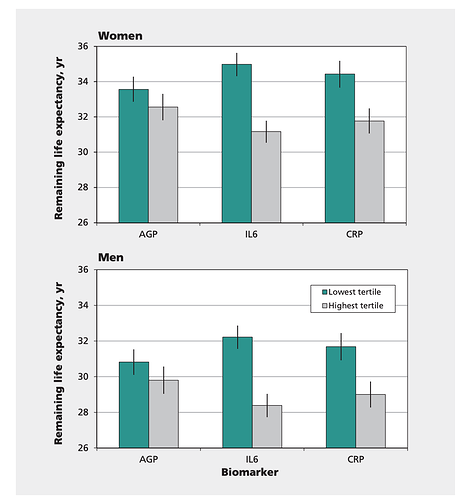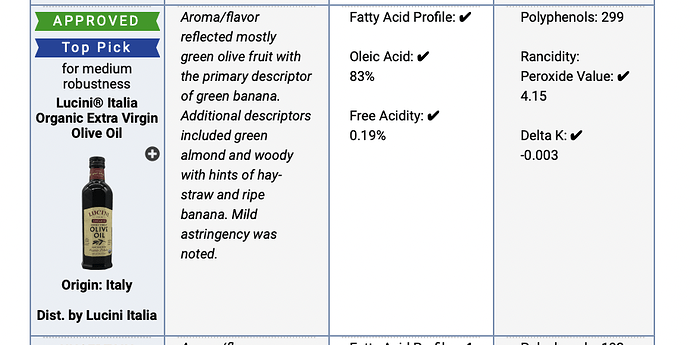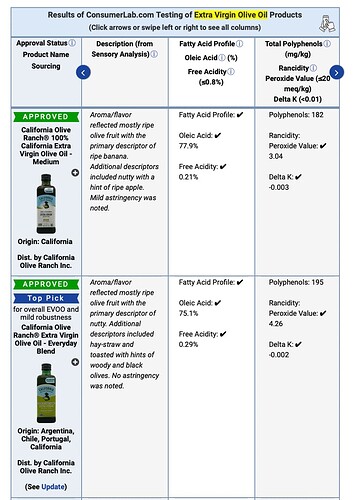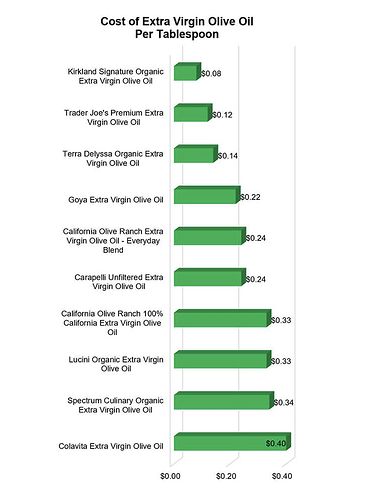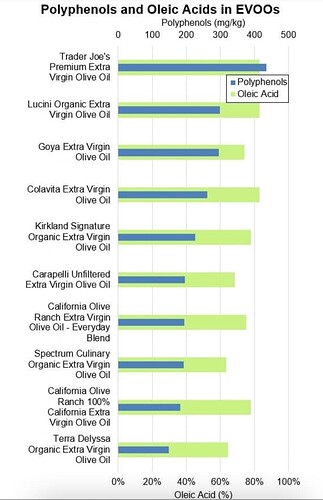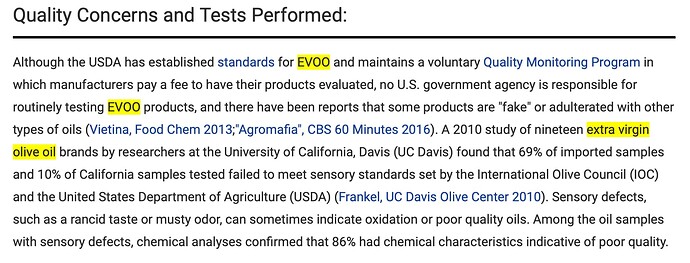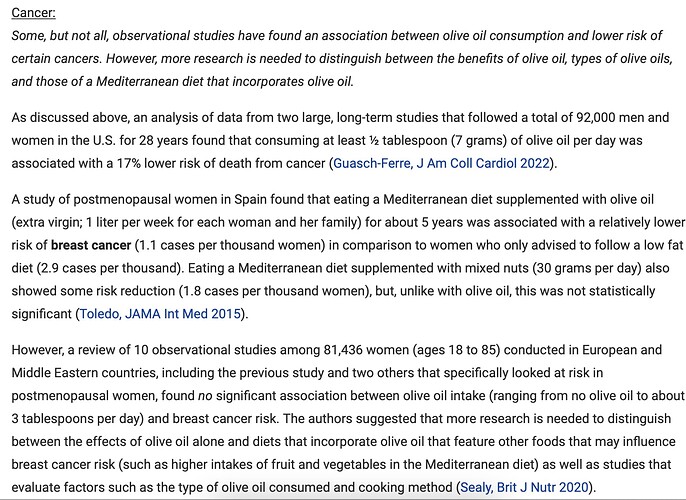More good news on how to keep aging muscle healthy:
Well that’s not very scientific.
I won’t even bother referencing the mountain of rodent studies associating higher BCAA protein intake and cancer/reduced lifespan, and by extension humans (that’s what this forum is mostly about, rodent translation). Caveat of course, all things being equal, namely sufficient minimum, avoiding insufficient muscle mass/strength/frailty. I am not anti-BCAA, since most all of my protein is animal based. But if I wasn’t keto centric, I’d consume more plant based protein for further gains.
If you eat processed red meat, sure there are a lot of associations. But there are a lot of confounders - smoking, high-heat cooked red meat, low plant intake, and a sedentary lifestyle. No surprise to me when people say meat equals bad because they don’t understand the strongest argument of the other side.
If you read the studies you cite in depth - which few people actually do here - colorectal cancer increased by ~1% absolute risk for red meat consumption (95% confidence interval goes past 1 - meaning not that significant) and that doesn’t even control for raw/quick steamed/herb seasoned red meat and high plant consumption. It’s not as bad as it’s put when you actually do the hard work of deep dive research. The association is probably very close to 0 when all the confounders are gone - if not 0.
I’m just saying people saying “never eat BCAAs because animal protein causes cancer” doesn’t make sense. If you’re eating fish meat chock full of BCAAs - what’s the big harm? The AHA’s Scientific Committee literally recommends at least 2 servings of fatty fish per week after doing a ton of reviews in a panel committee. An easy way to get tons of glycine supplementation is collagen peptides sourced from meat. Not plant products.
Here’s the kicker for the presumably lowest BCAA intake for vegans here from the EPIC-University of Oxford study - much more stroke risk than pescatarians (which I would classify as omnivores):
I’m not saying don’t eat plenty of vegetables. BTW, traditionally Okinawans do eat some meat including pork (literally considered red meat with BCAAs) and seafood along with a huge amount of plants.
There are a lot of quacks in veganism and vegan companies (including vegetable protein sellers) that cloud the consumer thinking and anti-aging community all the time. It’s no surprise you’ll see the “animal protein/BCAAs = bad and cancer” paradigm enough that repeititon breeds fact. Read a bit further and you’ll see it biases a lot of scientific thinking out there. I see it way too much but it’s often too subtle for the average person to notice their strong links or funding from animal rights organizations and such. I’ve seen enough publication biases and this statement from a scientist who was a former ardent vegan rings true:
“Vegetarianism is riddled with delusional thinking from which even scientists and medical professionals are not immune.”
Well I would bet that followers of Atkin’s, Keto, Carnivore, and other low-carb diets would disagree and provide proofs that their diets reduce all-cause mortality including CVD
I suggest you check out some presentations by Australian MDs and scientists. I think there are few Americans also.
The studies you cite studies mostly suck in that they lump together red meat, white meat, dairy, and fish together, and lump the vegetable protein together. Without a detailed study of the different sources’ effects on CVD risk, these studies are meaningless, IMO.
When comparing vegetable protein intake, this one you cite contradicts itself by saying:
"We have previously reported on the relation between red meat, poultry, fish, and dairy products in relation to CHD risk over 14 years 2. We observed that red meat was not significantly associated with CHD, but increasing poultry and fish intake was associated with a decreased risk."
"higher intakes of red meat, red meat excluding processed meat, and high-fat dairy were significantly associated with an elevated risk of CHD"
Seems they want to have it both ways.
Finally, while vegetable protein may reduce risk factors compared to animal protein,
Meat and specifically dairy products are not associated with significantly increased CHD risk.
I will just cite two meta-analyses, but I will be happy to clog the system by citing proof that animal-based proteins provide no significant risk by themselves for significant risk of CHD. The proof that it does is thin indeed.
Thirty-six studies totaling 1803 participants were included. There were no significant differences between red meat and all comparison diets combined for changes in blood concentrations of total, low-density lipoprotein, or high-density lipoprotein cholesterol, apolipoproteins A1 and B, or blood pressure
Milk and dairy consumption and incidence of cardiovascular diseases
and all-cause mortality: dose-response meta-analysis of prospective
cohort studies
https://academic.oup.com/ajcn/article/93/1/158/4597618?login=true
“No associations were found between total dairy and milk consumption with all-cause mortality, CHD or CVD in the current study, which is in agreement with several meta-analyses [47, 48]. Larsson et al. [47] reported neutral associations of dairy and milk consumption with mortality or CVD mortality”
Bottom line: Vegetable proteins may cause a slightly lower risk of CVD or all-cause mortality, but, meh. Not worth worrying about IMO.
Thanks for your post. Two quick questions.
- Do you take the frankincense liquid once a day? Bottle says up to 4 times a day, but that seems like a lot.
- Bottle also says to mix with juice or water, but am I correct that you take it straight without any problems?
I only take frankincense once a day mixed with coffee. Sure, they’d like you to take it 10 times a day and keep reordering.
I also take boswellia and avoid curcumin. The latter for two reasons:
- It acts as the opposite of a CYP3A4 inhibitor, lowering the absorption of any other compound one takes with it.
- It’s anti-androgenic. We won’t all agree on the value of keeping testosterone high, but for me personally, I do everything I can to protect my endogenous testosterone levels. With some success: at age 50 my total T is 31.8 nmol/L (normal: 8.4-28.8), free is 518 pmol/L (normal: 115-577) and bioavailable 12.1 nmol/L (normal: 2.7-13.5). That’s all endogenous, with no TRT, etc.
As long as we’re talking about inflammation, interesting new research:
Inflammaging and epigenetic ageing are essentially non-overlapping markers of biological ageing and may be used jointly to predict mortality.
Abstract
Limited evidence exists on the link between inflammation and epigenetic ageing. We aimed to 1) assess the cross-sectional and prospective associations of 22 inflammation-related plasma markers and a signature of inflammaging with epigenetic ageing; 2) determine whether epigenetic ageing and inflammaging are independently associated with mortality. Blood samples from 940 participants in the Melbourne Collaborative Cohort Study, collected at baseline (1990-1994) and follow-up (2003-2007) were assayed for DNA methylation and 22 inflammation-related markers, including well-established markers (e.g., interleukins and C-reactive protein) and metabolites of the tryptophan-kynurenine pathway. Four measures of epigenetic ageing (PhenoAge, GrimAge, DunedinPoAm and Zhang) and a signature of inflammaging were considered, adjusted for age, and transformed to Z-scores.
Wait…Levine Phenoage is suppose to be a leading epigenetic aging clock (used by a lot of members it appears), implicitly associated with aging rate, and thus all cause mortality? It boasts the use of only a single overt inflammation marker…CRP.
“Irvin et al. (15) found that ‘extrinsic AgeAccel’, related to the first generation Hannum epigenetic age measure (16), was associated with interleukin-6 (IL-6), CRP and tumour necrosis factor-alpha (TNF-α), albeit with modest effect sizes”
And yet, inflammation is an independent predictor, no surprise here.
Clearly, these “clocks” might be associated with “some” biological aging rate…but predicting your true intrinsic aging rate and all cause mortality, I’d say less so.
So, overlay a deeper set of inflammation markers in your longevity tracking stack?
In my last lab panel, I ordered TNalpha and IL-6, in addition to CRP.
Association between inflammatory biomarkers and all-cause, cardiovascular and cancer-related
mortality
Conclusion
We found no evidence that AGP is a stronger prognostic marker of mortality than the widely used inflammatory markers IL-6 and CRP. As in previous studies, elevated AGP was associated with 5-year mortality. However, even with this length of follow-up, it did not do
better than IL-6 in predicting mortality. Our analyses of all-cause, cardiovascular and cancer-related mortality suggest that IL-6 may be a better prognostic marker for all of these outcomes, in both the short and the LONG term.
Your own screenshot chart indicates to me that I will be sticking with just the CRP marker
At Quest, the IL6 test is three times the cost, but it does not appear to be a three times better marker than CRP.
I am I wrong in interpreting your chart?
Below are articles with a contrary conclusion.
Huh. Thanks for these. The first is from a supplement company, but the second is enough to make me shift to “confused” as a view on curcumin and testosterone.
It’s not.
It is one of MANY ways to age, but you can massively increase glucocorticoid levels, which accelerate aging AND reduce inflammation (tho high GC doses also increase SOME cytokines)
@rapAdmin, per CL, are all the EVOO’s mentioned in your post tested to be both “real” (as opposed to “fake”) and un-adulterated with other oils?
Could you pls share the details about the Hawaii pharm. want to try frankincense for my 90 yo mother.
The frankincense comes from Hawaii Pharm brand and I order it from Amazon.
Cost per polyphenol concentration is more appropriate than cost per tablespoon.
Super high polyphenol level might cost a lot but one doesn’t have to consume anywhere near as much to get the same benefit.
